Genetics
-
 Genetics
GeneticsRainbow trout genome shows how genetic material evolved
The finding challenges the idea that whole genome duplications are followed by quick, massive reorganization and deletions of genetic material.
-
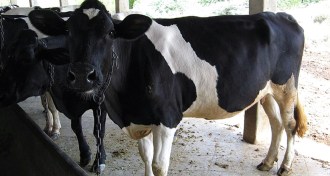 Genetics
GeneticsNew antibiotic resistance genes found in cow manure
Identifying these genes offers clues to how antibiotic resistance could move from agricultural ecosystems to other communities of organisms.
-
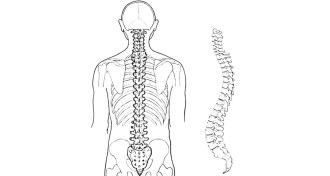 Genetics
GeneticsNeandertal, modern human DNA deviates even more
An analysis of genetic material of Neandertals and modern humans shows genetic differences in the species' population sizes and even the curves of their spines.
-
 Genetics
GeneticsCloning produces stem cells from adult skin
Human embryonic stem cells made using adult cells could enable medical advances such as replacement organs.
-
 Genetics
GeneticsNew tools reveal new truths about fungi, flies, antibiotics
In the newsroom, any story about a new scientific method faces an uphill battle. In this issue are a number of stories that feature how science is done.
By Eva Emerson -
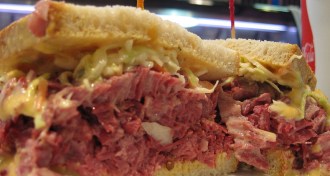 Health & Medicine
Health & MedicineGene variant, processed meat linked to boost in cancer risk
In people with a specific variation of a gene on chromosome 10, eating processed meat is associated with an increased risk of developing colon cancer.
-
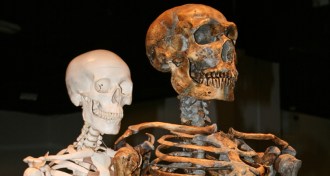 Genetics
GeneticsGene activity sets humans apart from extinct hominids
Differences in gene activity caused by DNA methylation distinguish modern people from Neandertals and Denisovans.
-
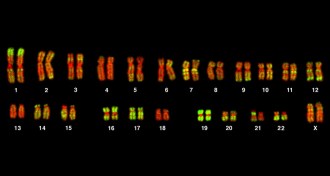 Genetics
GeneticsDown’s syndrome goes beyond chromosome 21
A genetic analysis suggests that the DNA changes linked to Down's syndrome happen on all chromosomes, not just the 21st.
-
 Microbes
MicrobesOne giant leap for zit-causing microbes
A bacterium that lives on humans and causes acne also hopped to domesticated grapevines and relies on the plant for crucial DNA repairs.
-
 Genetics
GeneticsModern hunter-gatherers’ guts host distinct microbes
A healthy collection of gut bacteria depends on the environment in which people live and their lifestyle, research shows.
-
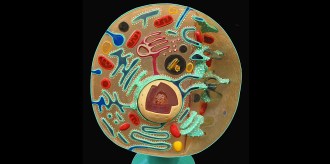 Life
LifeHow cells keep from popping
The protein SWELL1 stops cells from swelling so much that they burst, a new study shows.
-
 Genetics
GeneticsFive mutations could make bird flu spread easily
Handful of alterations can turn H5N1 bird flu into virus that infects ferrets through the air.